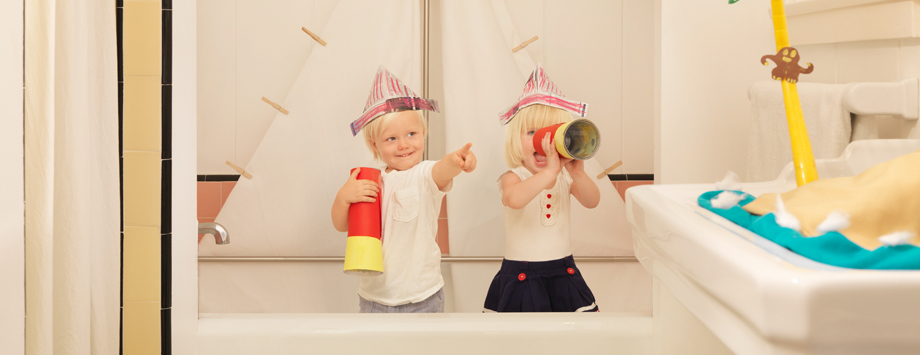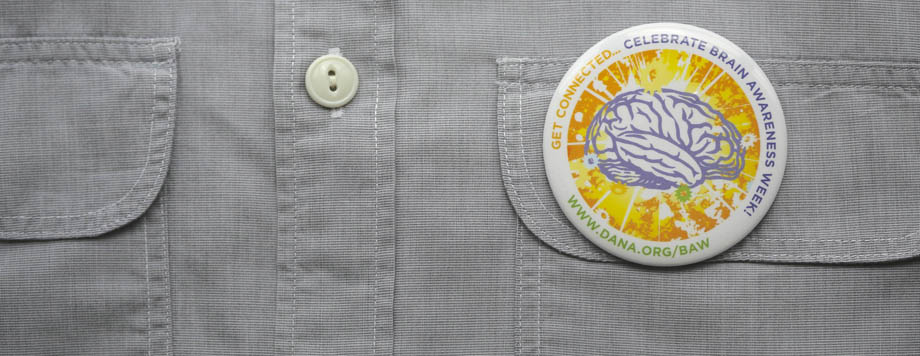-
April 26 , 2013
Did you know?

“Play has loads of therapeutic benefits for a child and
provides an outlet to process emotions and experiences.”Play as a vehicle for therapy
As parents, we usually understand how our children feel by watching them and how they act. It’s easy to tell when they’re happy and content, and they show us by being cheery and playful. When things are not going so well, our children may behave in ways that can cause problems and they are not always able to express what they are going through. We and other people such as teachers and other parents observe that the child may stop doing what they are told, or become excessively anxious or withdrawn.
Play can be a powerful platform to reach out to our children
Play is one of the most natural ways for children to understand their world, to learn about themselves and develop their social, emotional and physical skills. Children also use play to express feelings even before they develop the ability to communicate properly through language.
Just as the body heals from physical injury, a child has an emotional system that can be self-healing if certain conditions are present for the child. Play has loads of therapeutic benefits for a child and provides an outlet to process emotions and experiences.
Play Therapy is an approach used to help a child activate his or her innate self-healing abilities, and to support the child’s growth and development on an emotional and psychological level.
Play Therapy is used by therapists to help children experiencing all kinds of difficulties, ranging from experiencing single or multiple trauma; adjusting to family changes such as separation or divorce; feelings of aggression, excessive anger, fear, sadness, worry and shyness; chronic illness and hospitalisation; to sleeping and eating difficulties.
Children do not necessarily have to “talk out” their problems using words to feel better; children can communicate through the use of toys and art materials to release feelings and experiences. For example, children who see their parents fighting may use puppets to act out these conflicts. Play therapy can therefore be used directly, making use of role-playing and art to aid children to freely express the feelings they have difficulty saying and to develop and devise coping skills.
How can I assist my child to express and overcome their difficulties?
The role of parents or caregivers is extremely important in achieving the goals of Play Therapy. Filial Play (a form of Play Therapy) involves the child and parents or caregivers and therapist to strengthen family relationships and enhance attachment between a child and his or her parents.
In Filial Play, parents can learn the principles of Play Therapy and certain skills including how to create an open and accepting environment to improve the parent-child relationship. The effects of the supportive setting facilitated by a trained play therapist can be longer lasting – and help a child to develop appropriate ways of thinking and behaving.
Through Play Therapy, even the most complicated of problems can be discovered, rehearsed, mastered, and adapted into life-long strategies.
-
April 10 , 2013
Did you know?

“At birth, the brain already has 100 billion neurons,
but they are not well connected yet.”
– Scarlett Mattoll, MSc, MBPsS, MAC
Brain Power – Maximising the early years
How do you know if you’re doing everything you can to nurture your child’s mind?
Brain development starts even before birth and it’s important for parents to support their child’s learning during the first five years of life.
Knowing how you can support your child’s development is one of the best first steps in helping him or her develop brain power.At birth, the brain already has 100 billion neurons, but they are not well connected yet. The connections need to be formed through “neural pathways” that act like very long wires. These wires allow for communication between our brains and bodies so we can interpret everything our senses pick up from the outside world.
As our child’s brain develops, there are critical periods for our children to optimally develop vision, auditory, cognitive, sensory, motor and linguistic functions.
As children grow up, they get lots of stimulation from the environment which connects neural pathways; practicing the same things over and over again strengthens the existing neural pathways even more. When you don’t use it, you lose it! Stimulation and care help our brains develop better and keep it running.
At around the age of two, children experience a period of “synaptic exuberance”, where neurons become linked up at a faster rate than any other time of normal human development. This explains why two year-olds often run around repeating actions and insist on doing it themselves. They are happy after completing a new capability with success, and parents should applaud them. Parents who provide emotional support and greater learning opportunities see healthier communication patterns. This leads to well-adjusted primary students and less-stressful teenage years. Who can say no to that?
So – what can you do to maximise the early years?
This seems obvious but touch your child! This first sensory experience develops closeness between you and your child and better links up senses with the brain, and thus allows the development of other senses more quickly.
Talk to your child and be a model for their language development. Emotional development starts at home, so smile at your child every chance you get. Children who don’t get their emotional development from home are less likely to develop functional social skills, which can be much more difficult to acquire later on. Play with your child to help the transition from parallel play to cooperative play in their toddler years.
There is much responsibility that comes with being a parent. Being aware of the areas in which your child will most benefit and supporting them every chance you get is the first best start in the lifelong task of giving your little one real brain power.
Scarlett Mattoli, founder of psychology consultancy Psynamo Limited, offers advisory services on issues surrounding normal development and learning differences of children.
-
